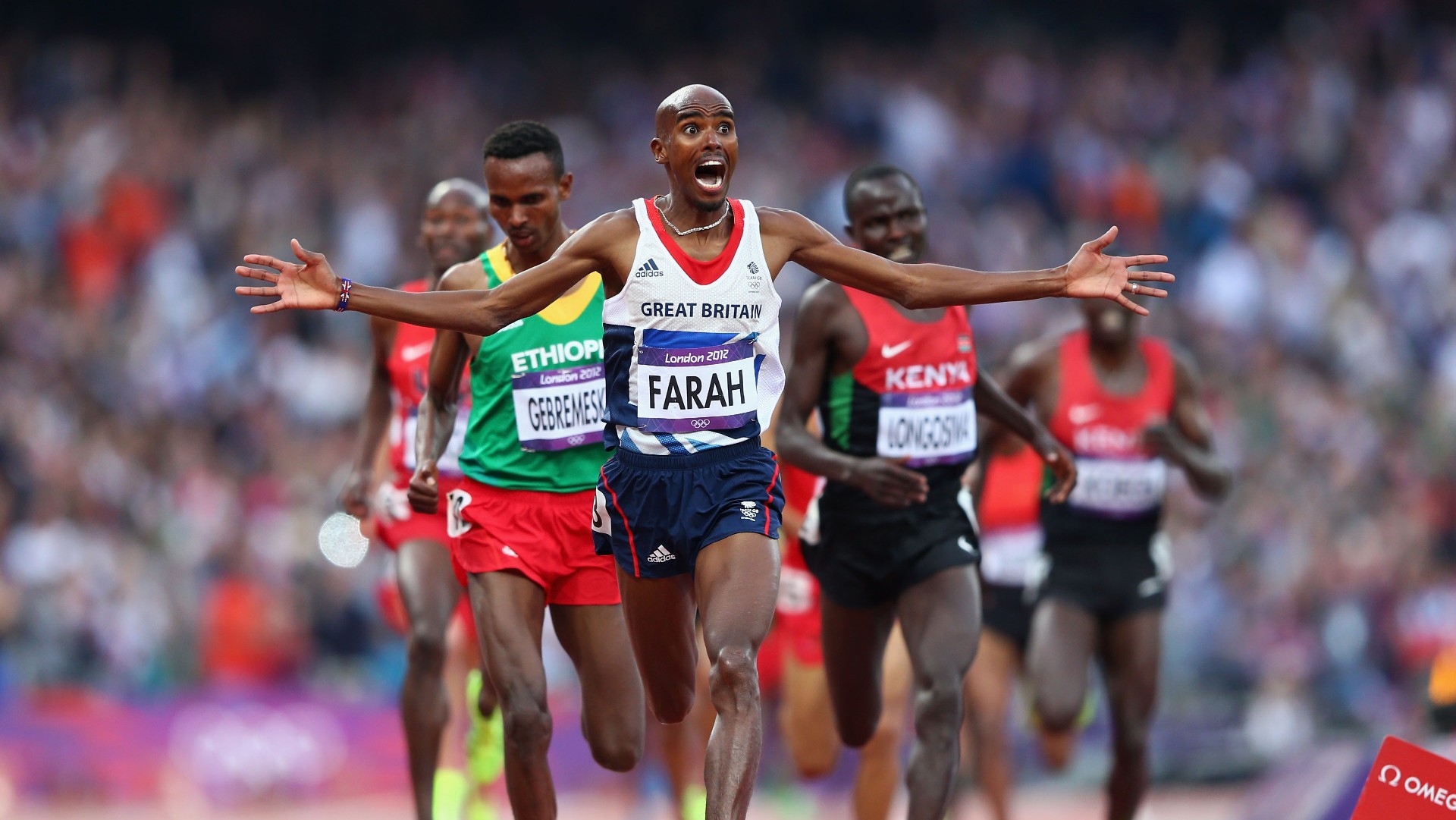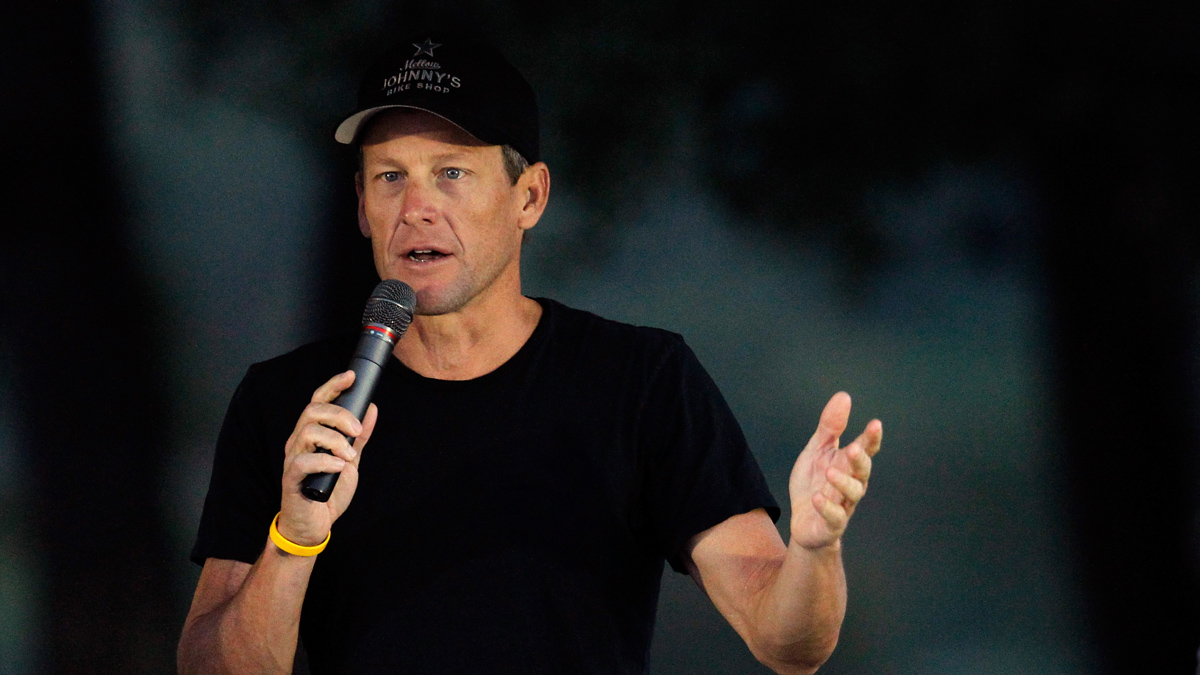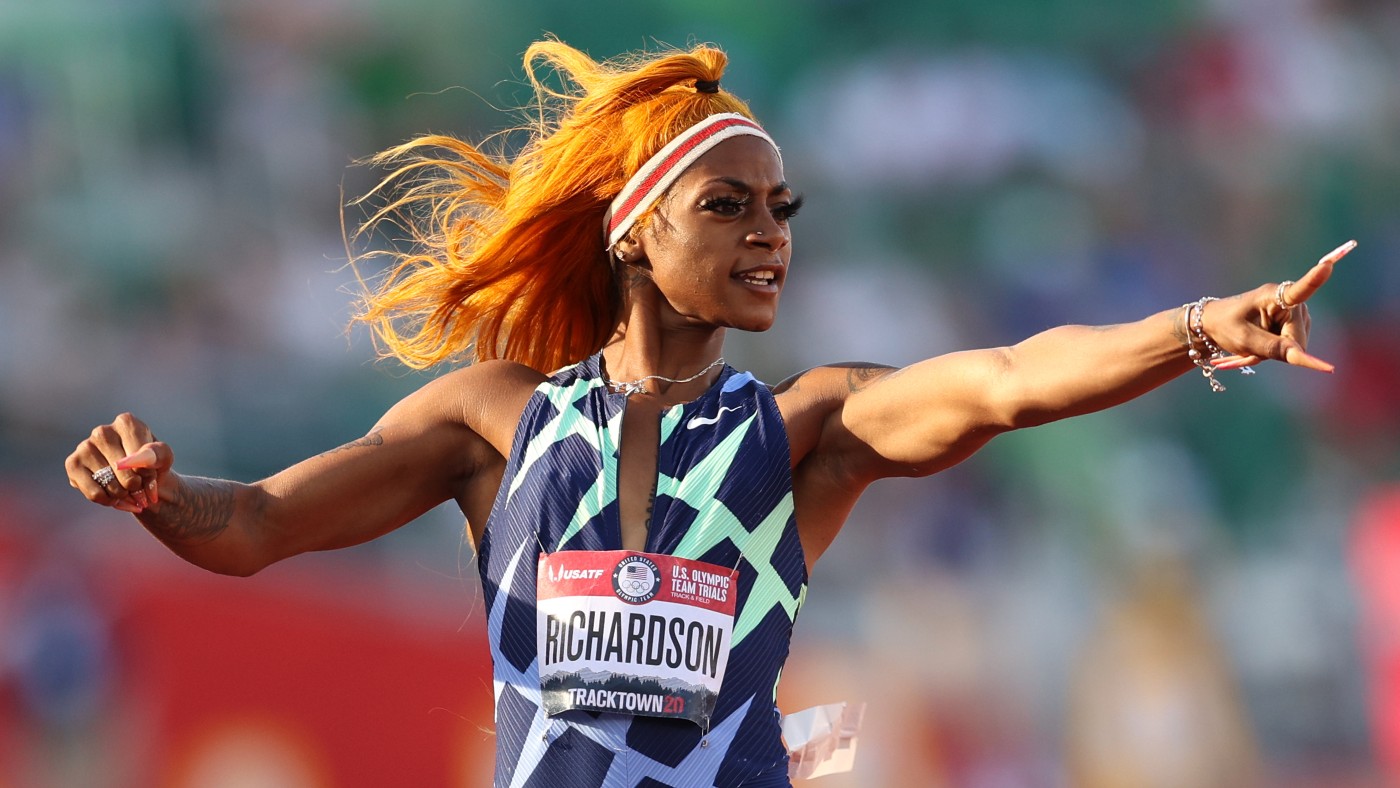Doping scandal: why have athletes not been named?
Olympic medal winners are among those to return 'suspicious' blood tests, but so far they have remained anonymous

A free daily email with the biggest news stories of the day – and the best features from TheWeek.com
You are now subscribed
Your newsletter sign-up was successful
In the wake of data that suggests a third of medal-winning athletes in endurance events at the Olympics and World Championships between 2001 and 2012 recorded potentially suspicious blood tests, questions are being asked about who the high-profile names in the latest doping scandal could be.
The database of blood-test results was leaked to the Sunday Times and German broadcaster ARD and reveals the "extraordinary extent of cheating by athletes at the world's most prestigious events", says the paper.
Although it hinted at the identities of some of those who recorded abnormal results, the Sunday Times said it had not named those at the centre of the claims "because the source who leaked the doping data requested that athletes who had never been banned for cheating should be kept anonymous".
The Week
Escape your echo chamber. Get the facts behind the news, plus analysis from multiple perspectives.

Sign up for The Week's Free Newsletters
From our morning news briefing to a weekly Good News Newsletter, get the best of The Week delivered directly to your inbox.
From our morning news briefing to a weekly Good News Newsletter, get the best of The Week delivered directly to your inbox.
However, the paper does say that Jessica Ennis-Hill "narrowly lost out on gold in the 2011 World Championships to a Russian athlete who had recorded abnormal blood results, according to the files". The event in Daegu was won by Tatyana Chernova, who has since served a two-year doping ban.
The paper also named several athletes who had posted clean results. They included Ennis-Hill, Usain Bolt and Mo Farah, who was recently forced to defend his coach over doping allegations.
It also said:
- One in seven athletes on the list, around 800, had blood-test results that were "highly suggestive of doping, or at the very least abnormal"
- Of the 800 athletes with dubious results, 415 were Russian while 77 were Kenyans
- Between 2001 and 2012, 146 major medals were won by athletes who were "likely" to have doped or had "suspicious" results, including ten medals at the London 2012 Olympics
- A "top British athlete" gave an abnormal test, one of seven UK athletes to register a "suspicious" sample. The Sunday Times reports that, when confronted, the athlete denied cheating and threatened to sue the newspaper if they were identified.
The World Anti-Doping Agency (Wada) is now investigating the leak, but the data has also raised questions over the role of the IAAF (International Association of Athletics Federations), which had the results at its disposal but has been accused of inaction.
A free daily email with the biggest news stories of the day – and the best features from TheWeek.com
The test results do not prove that any individual athlete was cheating, but, says The Independent, "when added together across all cases, the weight of evidence is nevertheless overwhelming".
"If these results threaten the integrity of the entire sport, there can be little wonder that athletics chiefs were not quick to make them public," it adds.
Lord Coe, who is hoping to become president of the IAAF this month, has called on drug testing to be made independent of the governing body, and his stance was backed up by the man who helped expose serial cycling cheat Lance Armstrong, Travis Tygart of the US Anti-Doping Agency.
"It's impossible to both promote and police your sport," he told The Times, citing the protection afforded to Armstrong and other cyclists by the sport's governing body, the UCI.
"The amount of money flowing into these sports means profiteers will hijack them for their own greed — just ask Fifa," he said. "As long as everybody is making money and the sport is growing globally, very few people are going to speak out."
-
 The ‘ravenous’ demand for Cornish minerals
The ‘ravenous’ demand for Cornish mineralsUnder the Radar Growing need for critical minerals to power tech has intensified ‘appetite’ for lithium, which could be a ‘huge boon’ for local economy
-
 Why are election experts taking Trump’s midterm threats seriously?
Why are election experts taking Trump’s midterm threats seriously?IN THE SPOTLIGHT As the president muses about polling place deployments and a centralized electoral system aimed at one-party control, lawmakers are taking this administration at its word
-
 ‘Restaurateurs have become millionaires’
‘Restaurateurs have become millionaires’Instant Opinion Opinion, comment and editorials of the day
-
 Paris Olympics: will it be a success?
Paris Olympics: will it be a success?Today's Big Question Organisers hope the 'spectacle' of the 2024 Games will lift the cloud of negativity that has hung over the build-up
-
 Mo Farah reveals ‘astonishing truth’ about his real name
Mo Farah reveals ‘astonishing truth’ about his real nameSpeed Read Olympic champion illegally trafficked to UK and forced into domestic servitude as a child
-
 The biggest sports scandals of the 21st century
The biggest sports scandals of the 21st centuryIn Depth Lance Armstrong, Tiger Woods and football’s governing body have all shocked the world
-
 Mason Greenwood: footballer arrested on suspicion of rape and assault
Mason Greenwood: footballer arrested on suspicion of rape and assaultSpeed Read Man Utd confirm the striker will not train or play until further notice
-
 Handball: swapping bikini bottoms for tight pants
Handball: swapping bikini bottoms for tight pantsSpeed Read Women competitors will be required to ‘wear short tight pants with a close fit’
-
 Doping in sport: should cannabis be on the list of banned substances?
Doping in sport: should cannabis be on the list of banned substances?feature World Anti-Doping Agency will launch a scientific review next year
-
 Cristiano Ronaldo’s second coming
Cristiano Ronaldo’s second comingSpeed Read Last week, Manchester United re-signed the forward on a two-year deal thought to be worth more than £400,000 a week
-
 Bank holidays and boycotts: are MPs trying to jinx England?
Bank holidays and boycotts: are MPs trying to jinx England?Speed Read Declaring a bank holiday would be ‘tempting fate’, says Boris Johnson